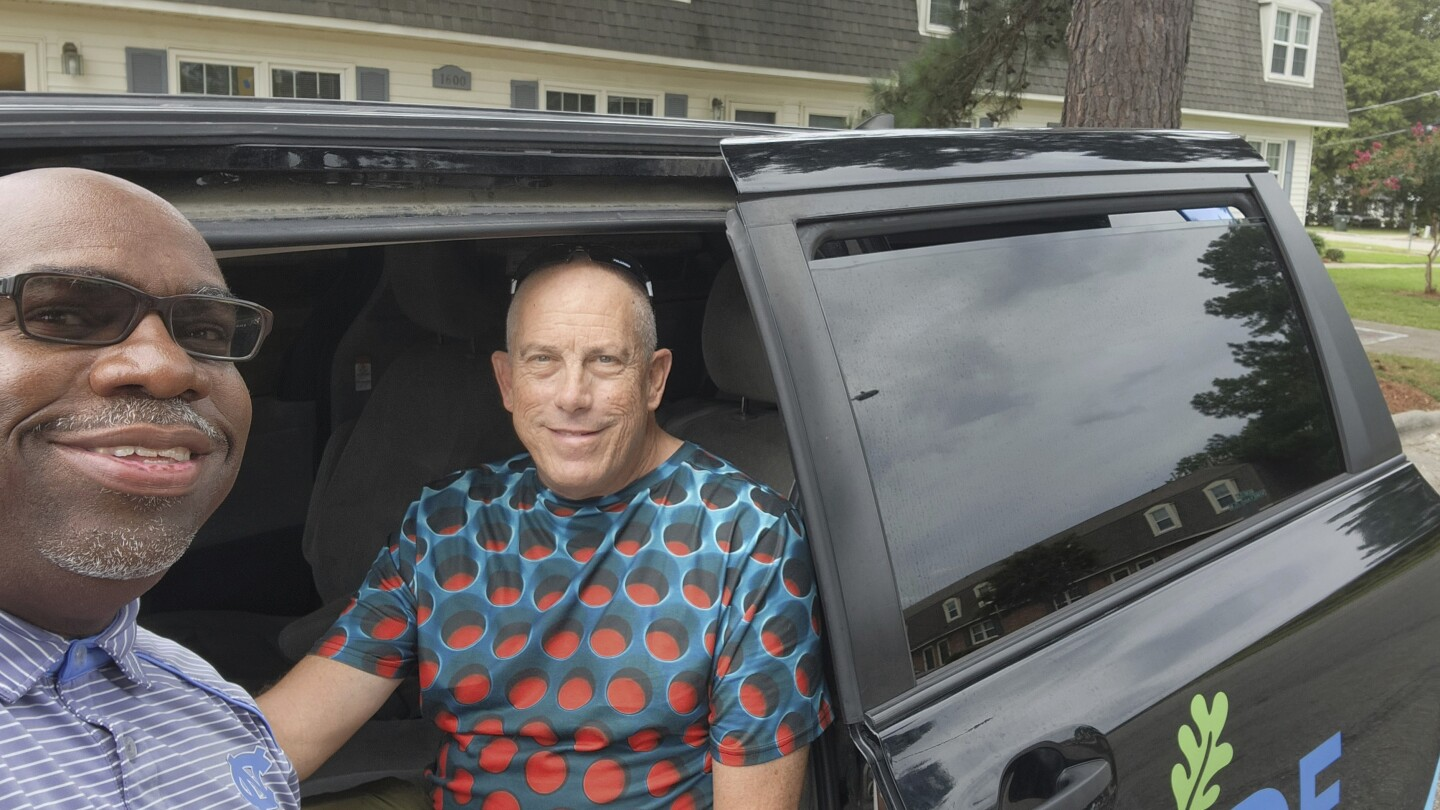- cross-posted to:
- transit@lemmy.world
- technology@lemmit.online
- cross-posted to:
- transit@lemmy.world
- technology@lemmit.online
What if public transit was like Uber? A small city ended its bus service to find out::Small-scale, tech-based solutions to transportation problems have emerged as a great equalizer in the battle for infrastructure dollars between big cities and rural communities.



Because you don’t need a car to get that last mile. A much better and more flexible option woykd be robust trains/trams/subway system in dense cities that take you most of the way with electric options such as e-bikes or scooters to get you thay last bit if you need it. This does nothing but keeps our society dependant on car manufacturers and litters the road with more cars.
Did you read the article? This is a tiny sprawling city of 50k residents, and there simply wasn’t enough population density to justify most of the bus routes they were operating. I live in Europe and love the public transport here, but it’s possible that for extremely low density areas a scheme like this makes sense. Possibly combined with normal public transit along trunk routes
Hi! I’d like to introduce you to winter. It destroys this as a workable solution, because for multiple months of the year it’s impossible for these to run. Meaning they’d need a last mile winter solution, such as… a car.
There’s also the issue of these types of solutions being notoriously hard to maintain. I believe the majority of city “e-thing” companies have gone under because it’s an unworkable system.
Take a normal bike. Finnland is able to support this.
E-bikes, scooters, bicycles and public transit works in winter, just so long as you maintain the infrastructure they need.
Additionally, any claims that this would not be workable from a cost perspective is false, as winter maintenance is 100% required for car infrastructure, and winter maintenance for car infrastructure keeps on happening year after year.
Completely unsubstantiated.
Ok, I’m curious. I started using scooters this year, and every scooter I’ve seen says not to use below certain temps (-10C or so).
Naturally, you should follow whatever specifications come with your scooter, but this is partly up to engineering specifications and partly up to local winter weather.
My point was primarily about that snow and ice does not inherently render bicycles and scooters unusable, it’s a matter of actually maintaining their infrastructure.
I’m talking about temperature, not snow and ice. Most batteries aren’t rated for temps in the far negatives, and the northern states routinely see -40 degree temps.
LOL, nope.